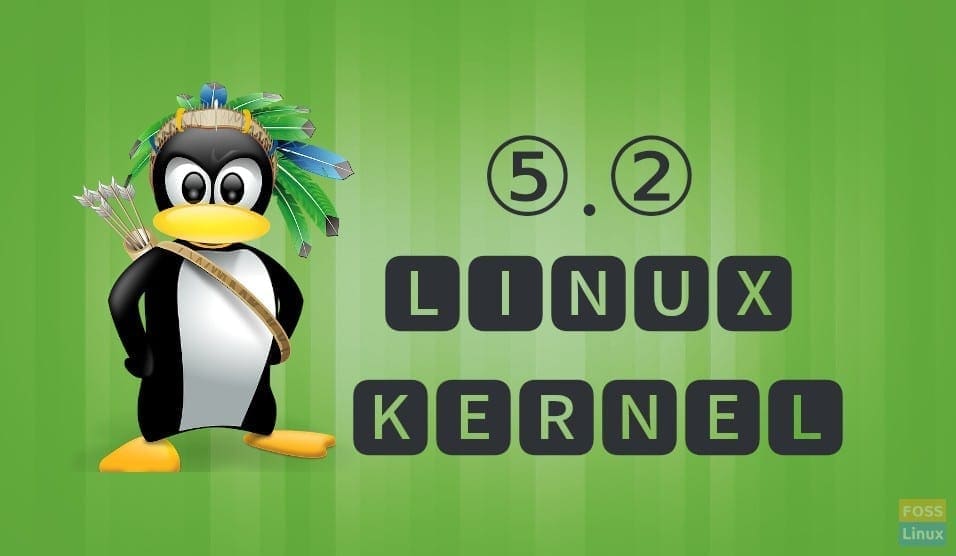Despite the busy schedule of Linus Torvalds, we’re still getting a significant release in Linux Kernel 5.2 instead of just a release candidate.
In the original news source, the king of the Linux world, Linus Torvalds, has claimed that he was possibly going to drop another release candidate as he was having internet problems for a few days and then got busy with his travels. Luckily, Linus didn’t stick to his plan owing to the lack of pull requests since rc7 and the fact that there seemed to be no real need for another release candidate. Thus, the announcement was made for the release of Linux Kernel 5.2, codenamed Bobtail Squid.
What’s New
Since we’re done with covering the backstory, let’s cut to the chase and see what this new version of Kernel. It is worth mentioning that approximately 596 KLOC (or 596,000 lines of code, for those who aren’t that good with cracking abbreviations) have been added to the new Kernel, so it’s safe to say that this version comes with several new changes and enhancements.
Firstly, the new Kernel is compatible with several single-board computers, including Orange Pi RK3399, Orange Pi 3, and NXP-based boards. Moreover, users will also find Sound Open Firmware with this Kernel, which allows it to support DSP audio devices.
With the help of Logitech, Bobtail Squid also comes with improved drivers for a variety of its wireless receivers. Not only that but it can now support both the older and newer ARM Mali devices and case-insensitive names in the EXT4 file system.
Some of the code has also been dedicated to improving the BFQ I/O scheduler and better resource handling. Also, a new device-mapper “dust” target is featured in this version that can simulate devices with failing sectors or read failures.
In terms of security enhancements, Bobtail Squid takes into consideration the Intel MDS hardware vulnerabilities by safeguarding users from them using a new CPU bug infrastructure. Linux Kernel 5.2 also comes with a new boot option that works for all architectures and lets the user better control mitigations for CPU flaws.
Apart from all the changes mentioned above, the new Kernel will also feature Nouveau support for GeForce GTX 1650, Intel Comet Lake support, a new Realtek Wi-Fi and U2F Zero driver, and mount API to mount file systems.
Conclusion
The key highlights of this release are new drivers, extended hardware support, performance improvements, and security fixes. However, Linux Kernel 5.2 is a mainline version, which is usually not suitable for mass deployments. Accordingly, FOSSLinux suggests its readers wait for Linux Kernel 5.2.1 to drop before upgrading their kernels.

